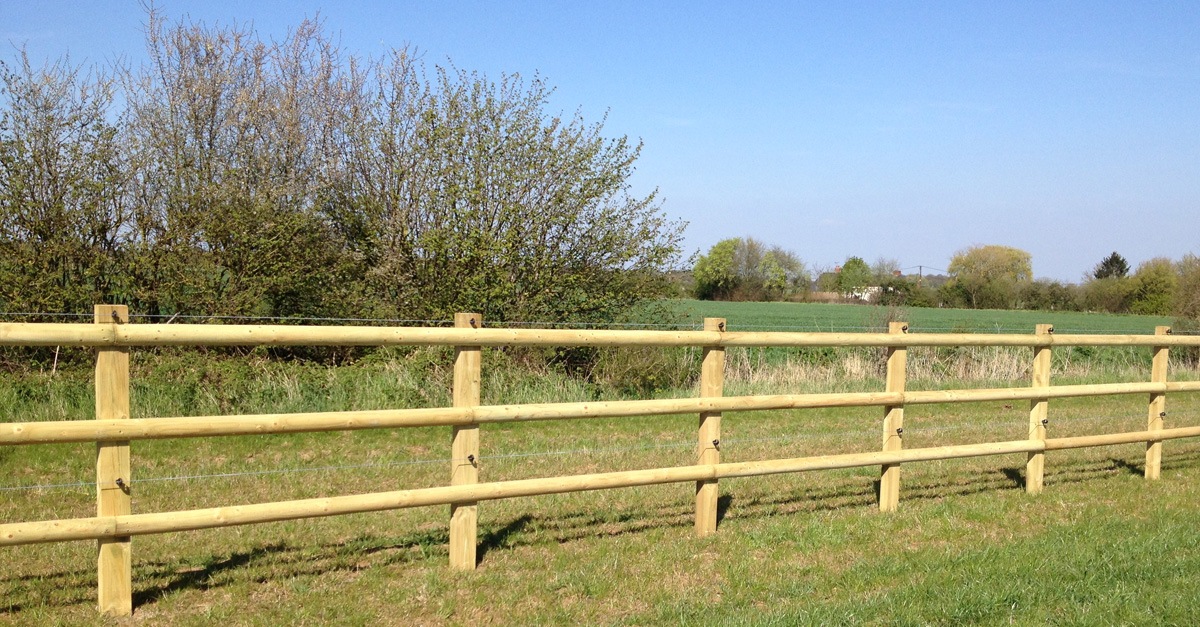Right of retention of rustic farms

What happens if I carry out improvement works on a rustic property? Do I have the right to claim compensation? What is the right of retention of rustic farms?
The doctrine specifies the right of lien as a credit guarantee mechanism that empowers the owner of a foreign thing to keep it until the owner pays what is owed by reason of the thing herself.
The person who holds the lien is a creditor who owns a debtor’s asset and, by virtue of this right, is entitled to prolong said possession until compliance with the obligation on the part of the debtor.
The right of retention is provided for in article 453 of the Civil Code, relating to the effects of possession:
“The necessary expenses are paid to every possessor; but only the person in good faith may retain the thing until they are satisfied. The useful expenses are paid to the possessor in good faith with the same right of retention, and the person who has defeated him in his possession may choose to satisfy the amount of the expenses, or to pay the increase in value that the thing has acquired for them.
The landlord of a rustic property is obliged to carry out the works, improvements or investments that must be undertaken by law, judicial or administrative resolution or by agreement of the irrigation community on the leased property. When the works or improvements are of such an entity that they result in an increase in production, the lessor has, in accordance with the provisions of article 19.2 of the Rustic Leasing Law, right to raise the rent. In the event that the lessee is not satisfied with said revaluation, he can propose the termination of the contract.
For his part, the landlord has to carry out the repairs, improvements and investments that are typical of the agricultural entrepreneur in the normal development of the professional activity, as well as those imposed by law or by judicial or administrative resolution, or agreement of the irrigation community, without, on the contrary, having the right to decrease the rent, or to extend the contract, unless expressly agreed between the parties or the judicial or administrative resolutions themselves.< /p>
The tenant may not remove walls, fences, hedges, ditches and other forms of enclosure of the leased property. This provision has two exceptions: the contrary agreement between the parties and that of allowing the adequate passage of tractors, agricultural machinery and when the cultivation work requires it, without prejudice to the obligation to return the things as received.
In relation to useful improvements made during the lease (for example, water connections, closures, etc.), they are presumed to be carried out at the expense of the lessee. The right of retention arises once the lease has ended, thus having the lessee the right to request compensation from the lessor for the increase in value of the leased property as a result of the improvements made. In any case, in order for him to operate the lien, it is required that the landlord has shown his consent to the improvements carried out.
The right of retention is derived from the provisions of articles 19, 20 and 21 of the Rustic Leasing Law placed in relation to article 453 of the Civil Code, as a consequence of the works and useful improvements made by the lessee, with the consent of the lessor. Analyzed the precepts indicated, the right of retention is not expressly provided; but neither is it expressly excluded or limited, as is the case, on the other hand, with the commission agreement. For this reason, it is reasonable that the right of retention is also applicable in rustic lease contracts.
This right applies in those cases in which, at the time the lease of the rustic property ends, the improvements made by the tenant subsist, and it operates as a reason for opposition to the termination of the contractual term.
In the framework of the autonomy of the will, the parties at the beginning of the legal transaction can provide for the right of retention in the event that useful improvements are carried out. In this way, in the event that the lessee has to carry out works to increase performance, he may recover the amount invested and, in the event that he does not voluntarily pay the compensation that the lessor may require, he may retain possession until his credit is satisfied.
In this sense, the Supreme Court, in a Judgment of the First Chamber, dated October 25, 2005, considers that the works carried out on a country house have the character of useful improvements and of conditioning, since they transformed a property into a fully functioning business, which redounded to the utility of the property by increasing its economic performance beyond that obtained with the simple previous lease. The Chamber understands that if the lessee is not compensated, there would be an unfair enrichment to the detriment of the person who incurred the expenses. As a consequence of the useful improvements carried out, the right to retain the property arises until the amount of compensation for the improvements made is paid, the good faith declared and the expenses incurred being decisive for this.
It may interest you: “Department specialized in Agrarian Law ”






